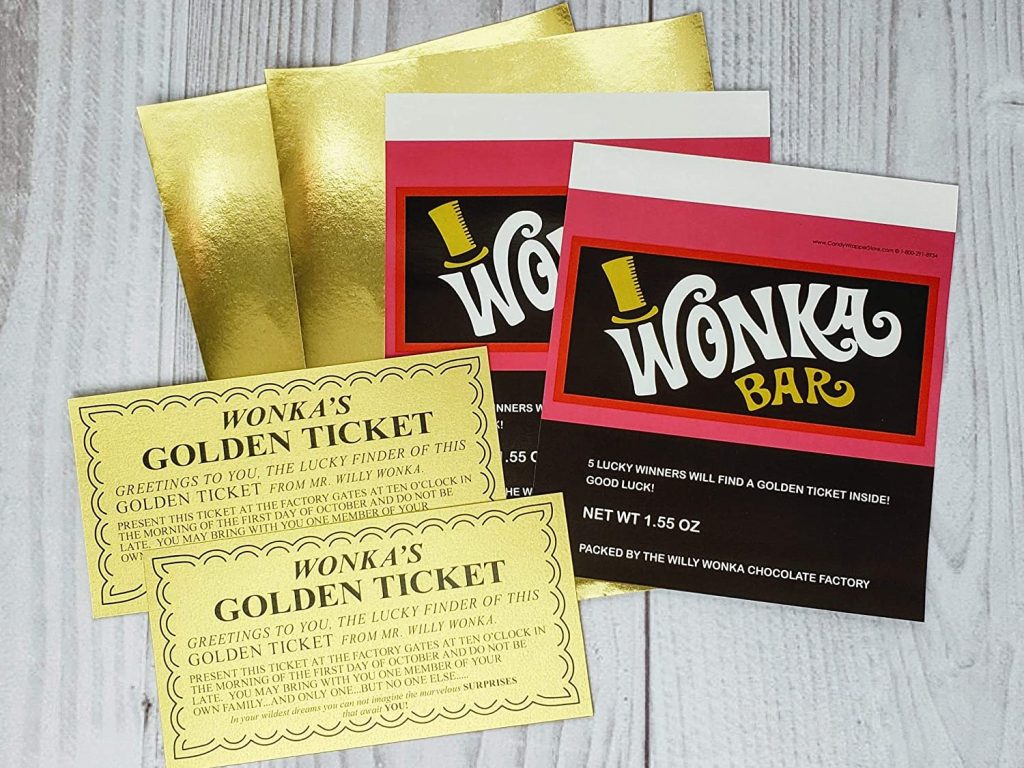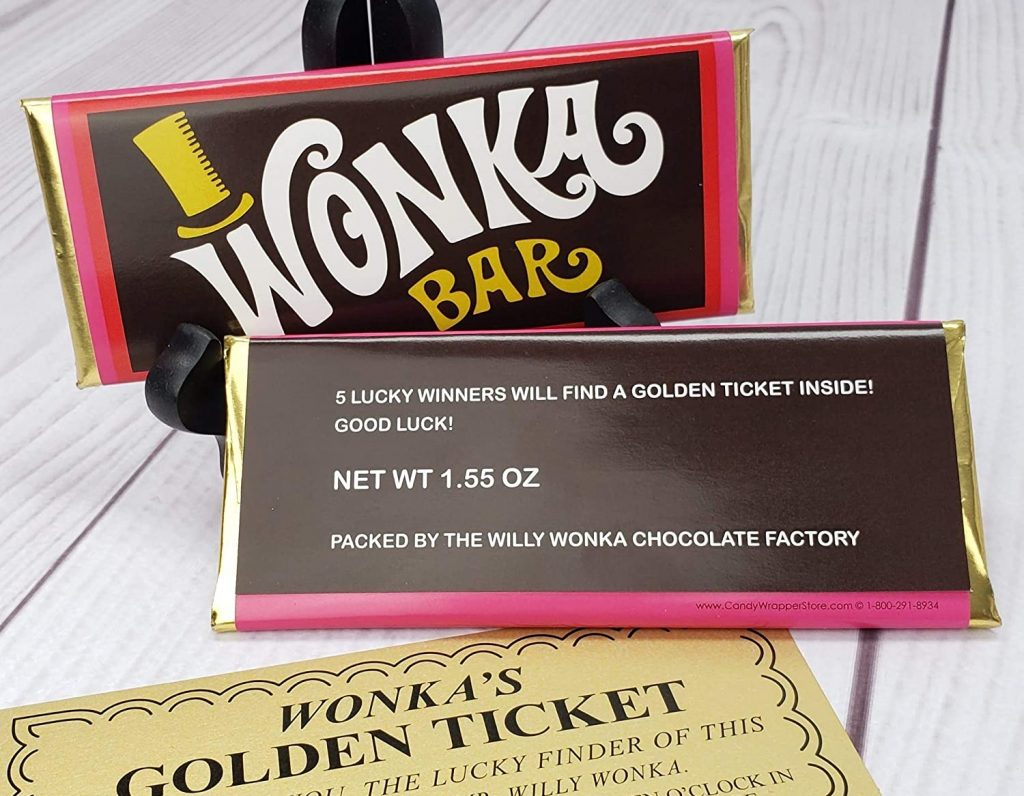Wonka Bars Are Being Replaced By Counterfeits
Fake Wonka Bars are hitting store shelves across the nation, causing a widespread food safety concern.
This article is more than 2 years old

Wonka bars are being sold around the country that are fake versions of the actual chocolate. The phony chocolate bars are being repackaged illegally and/or contaminated with materials that the FDA doesn’t approve. This is a significant concern for many federal organizations in the country, desperately trying to figure out who’s responsible for this mass counterfeit scandal.
The wrongly-labeled Wonka bars are slowly being removed from shelves across the nation. The distribution of these illegitimate bars concerns customers and the FDA alike, for the ingredients may not be up to standard or indicated correctly. Another worry is that allergens are not appropriately labeled on the packaging of these counterfeit candy bars, increasing the likelihood of an allergic reaction. Not only does label misidentification break countless traceability laws, but it also provides a more significant hazard for the public.
The FSA, the Food Standards Agency, publically announced on Monday the existence of these misleading Wonka bars. The agency declared that these counterfeit bars are unsafe to ingest, as many that were tested contained allergen traces that weren’t designated on the packaging. If the package does not include the “Ferrero” or “Ferrero Chocolate Company” official indication, the chocolate bar should not be purchased. The agency is continuing its investigation into these unofficial bars, ready to inform the public about more ways to identify counterfeit chocolate.
Over the past year, the FSA has found a rise in chocolate and candy counterfeits. The government agency is more concerned with the upcoming Holiday Easter, where many families purchase Wonka bars and other candy to give out to children. The PSA comes at a dire time for households to be wary of mislabeled products. The agency stated that there’s no way to know what “food hygiene” these counterfeit chocolate packagers are using, so it’s best to dispose of candies that one suspects are illegitimate.

Once a figment of Road Dahl’s imagination, Wonka bars are now widely distributed by Ferrero all over the globe. The chocolate was made initially by chocolatiers at Nestle, who then sold the iconic candy to Ferrero. They were sold in 2010 when the chocolate bars started to diminish in sales. The bars, and the rest of the Willy Wonka candy inventory, are sold worldwide with many varieties of gummies, hard candies, and, of course, chocolate.
The distributor of Wonka bars, Ferrero, has had a busy week besides the chocolate scandal. The company decided to donate one million euros to UNICEF to aid Ukrainian refugees during the Russian invasion. The candy company said this donation would provide clean water, blankets, hygiene kits, medical care, and other necessities to people affected by this crisis. The money will also help refugees fleeing to other countries around Eastern Europe. Since the company has plants in both Ukraine and Russia, Ferrero found it imperative to provide aid to victims of this violent occupation overseas.
Though little is known about the illegitimate Wonka bars, the FSA sternly suggests consumers be wary of falsely identified candy. Make sure the packaging has the correct Ferrero trademark before purchasing at a store, and inform others if they have purchased Wonka chocolate over the past few months.



